President Donald Trump announced a sharp 50% tariff on Brazilian imports, explicitly linking the decision to Brazil’s legal proceedings against former President Jair Bolsonaro. Trump criticized the trial as a political witch hunt and expressed personal support for Bolsonaro, breaking from his usual economic rationale for tariffs. This move highlights how Trump’s tariff strategy is driven by personal and political motivations rather than trade policy alone.
In response, Brazilian President Luiz Inacio Lula da Silva condemned Trump’s tariffs and signaled the activation of Brazil’s economic reciprocity law, which could suspend agreements with the U.S. Lula defended his country’s legal system, emphasizing its independence and asserting that Brazil would not tolerate foreign pressure. He also pointed out that the U.S. has enjoyed a $410 billion trade surplus with Brazil over the past 15 years.
Bolsonaro’s Legal Troubles and Censorship Claims Fuel Trump’s Politically Charged Tariff Decision
Bolsonaro, currently barred from running for office until 2030, recently testified before Brazil’s Supreme Court regarding his alleged attempt to overturn the 2022 election. While he did not directly comment on Trump’s tariff decision, he continues to claim he is the victim of political persecution. Meanwhile, Lula reiterated that the prosecution of those involved in the attempted coup is a matter for Brazil’s judiciary alone.
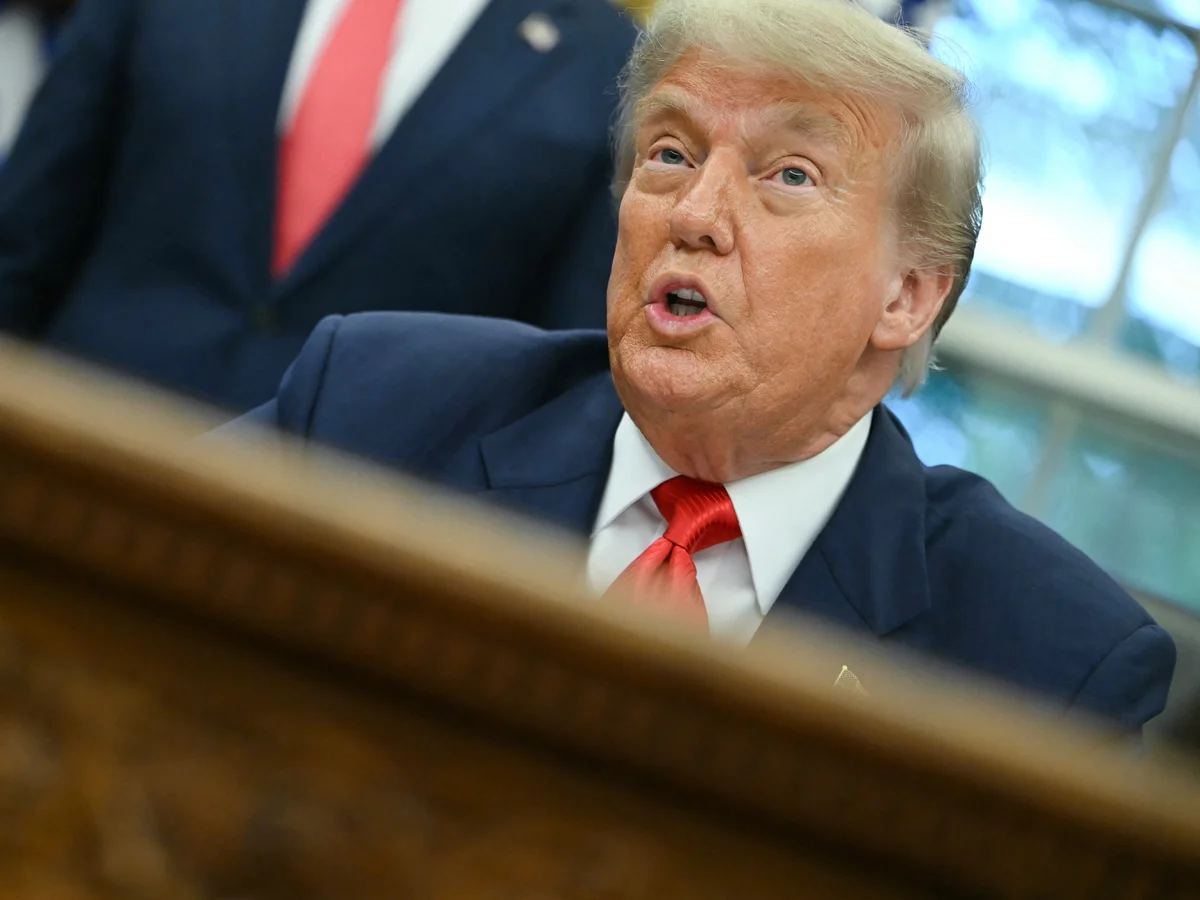
Trump’s tariff letter to Brazil also referenced the Brazilian Supreme Court’s penalties against social media companies, describing them as unlawful censorship. This aligns with Trump’s own political concerns around free speech and his alignment with tech moguls like Elon Musk, who owns X (formerly Twitter) and supports Trump politically. Trump also launched an investigation under the Trade Act of 1974, though the economic justification appeared secondary.
Trump’s Tariffs Spark Global Tensions, Personal Politics Overshadow Economic Rationale in Trade War
Brazilian lawmakers close to Lula blamed Bolsonaro and his family for influencing Trump’s decision, suggesting they were undermining Brazil’s economy. The political friction revealed how deeply intertwined the personal relationships of former heads of state can become with economic policy decisions, particularly in Trump’s administration, where personal loyalty appears to influence international trade actions.
Trump extended new tariffs to seven other countries—the Philippines, Brunei, Moldova, Algeria, Libya, Iraq, and Sri Lanka—despite none being significant U.S. economic rivals. These tariffs, ranging from 20% to 30%, were justified by Trump as a response to trade imbalances and were set to begin on August 1. However, many economists argue that these tariffs may increase inflation and hinder economic growth rather than benefit American industry.
With the August 1 deadline approaching, Trump has refused to grant extensions for negotiations and warned of further tariffs if countries retaliate. While some nations like the Philippines seek to renegotiate, the overall economic impact of these tariffs is relatively small in terms of U.S. GDP. Still, the uncertainty reintroduces volatility into global trade relationships, with Trump’s personal style continuing to shape international economic diplomacy.

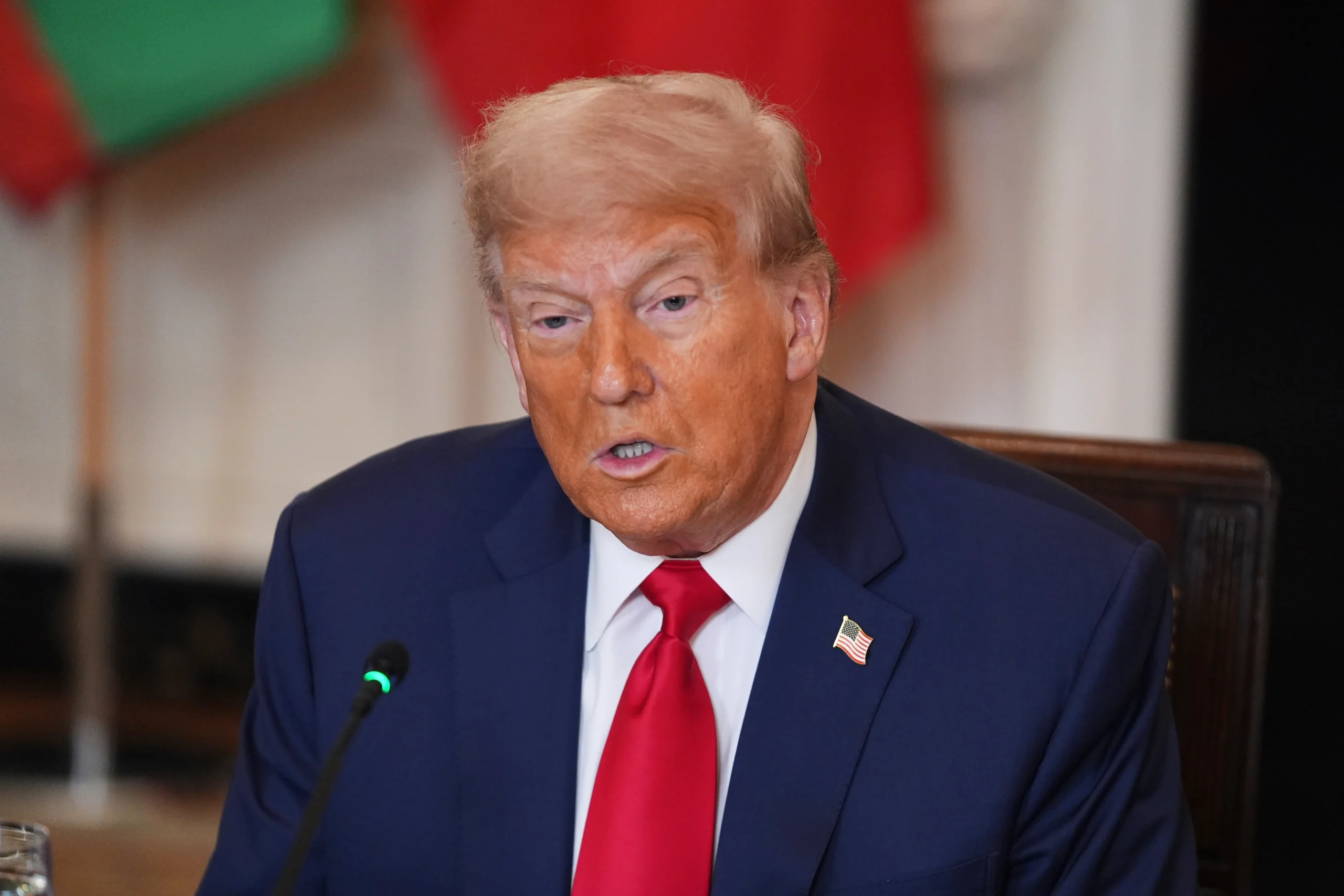







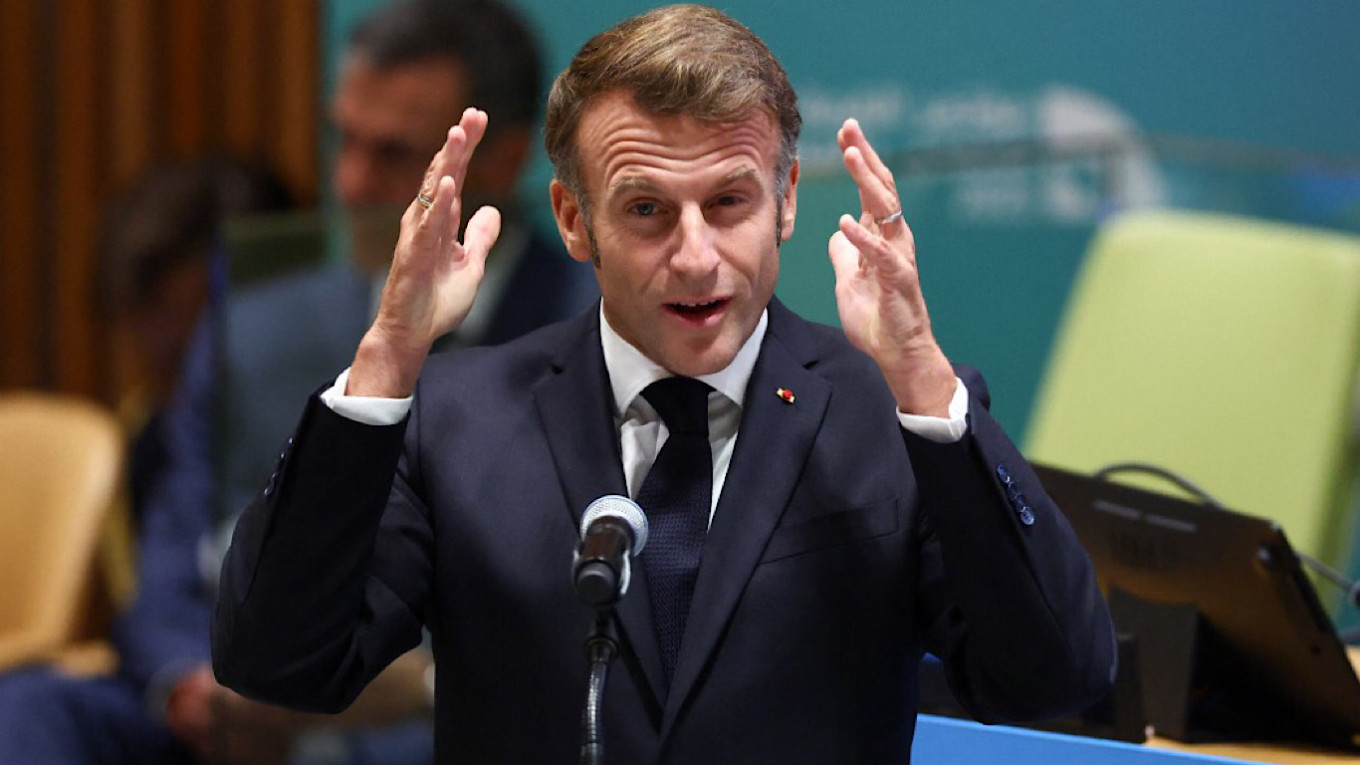
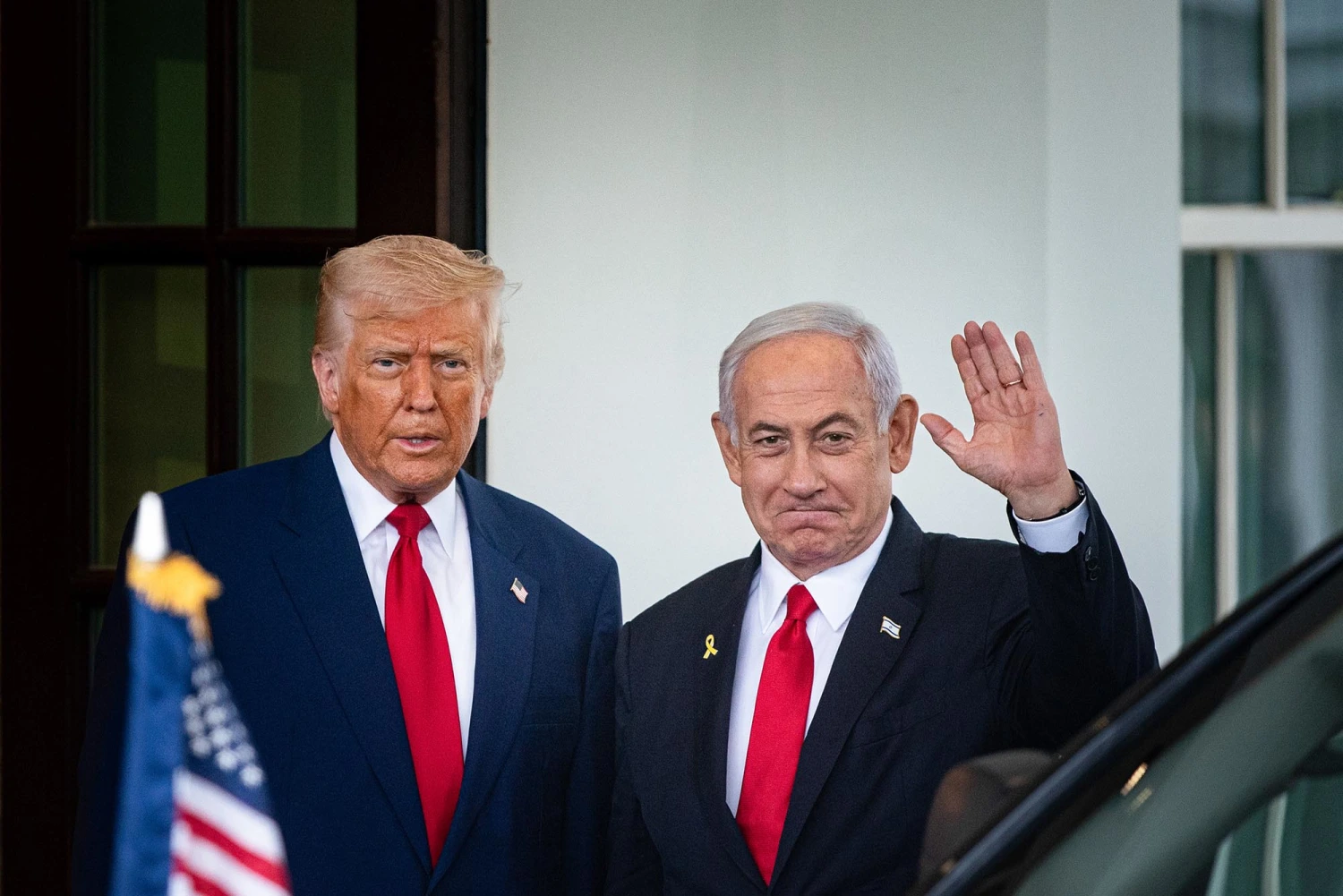
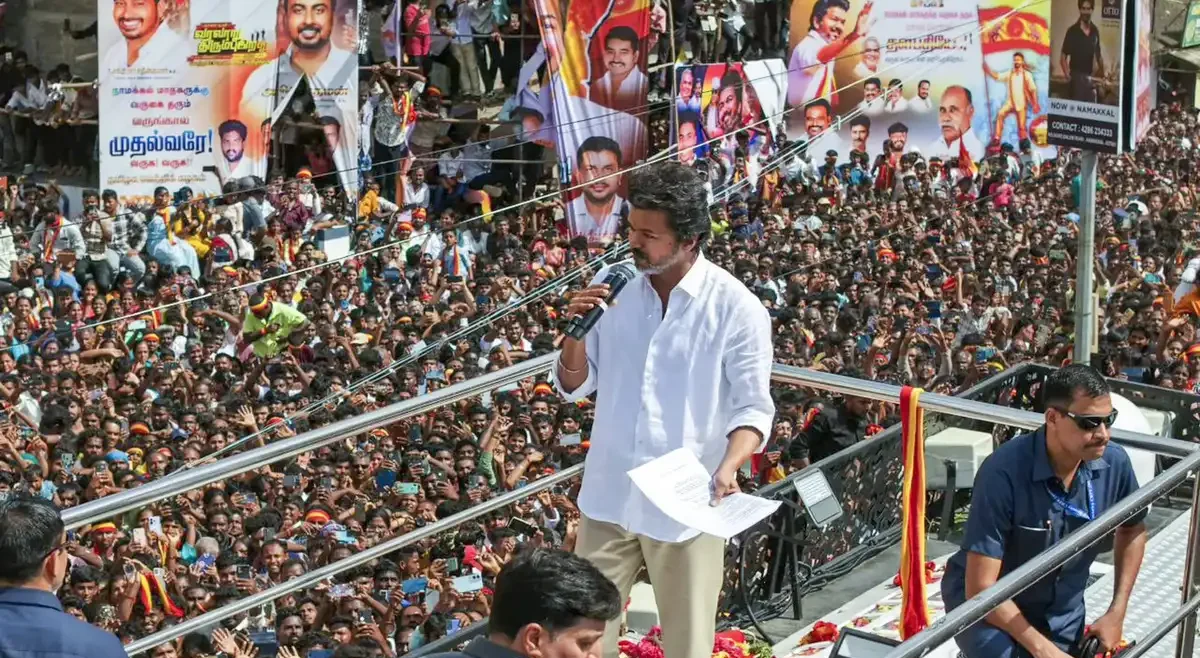
Leave a Reply